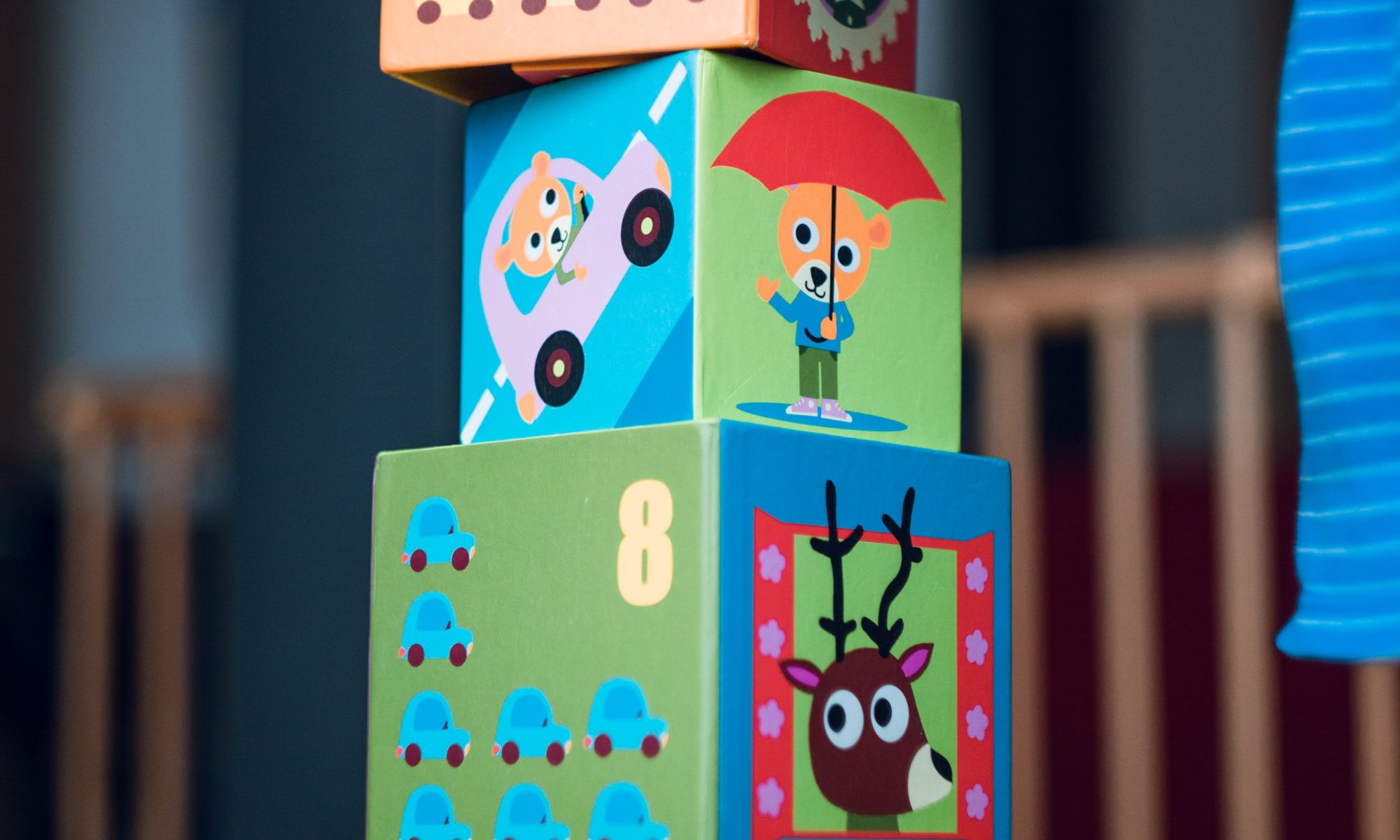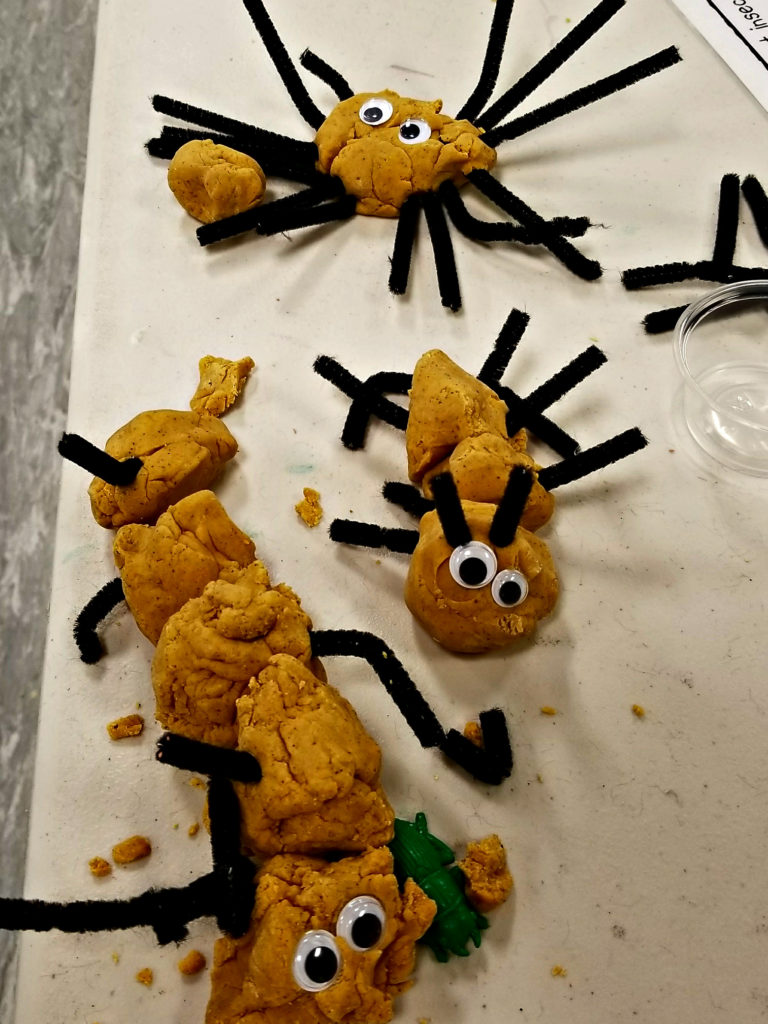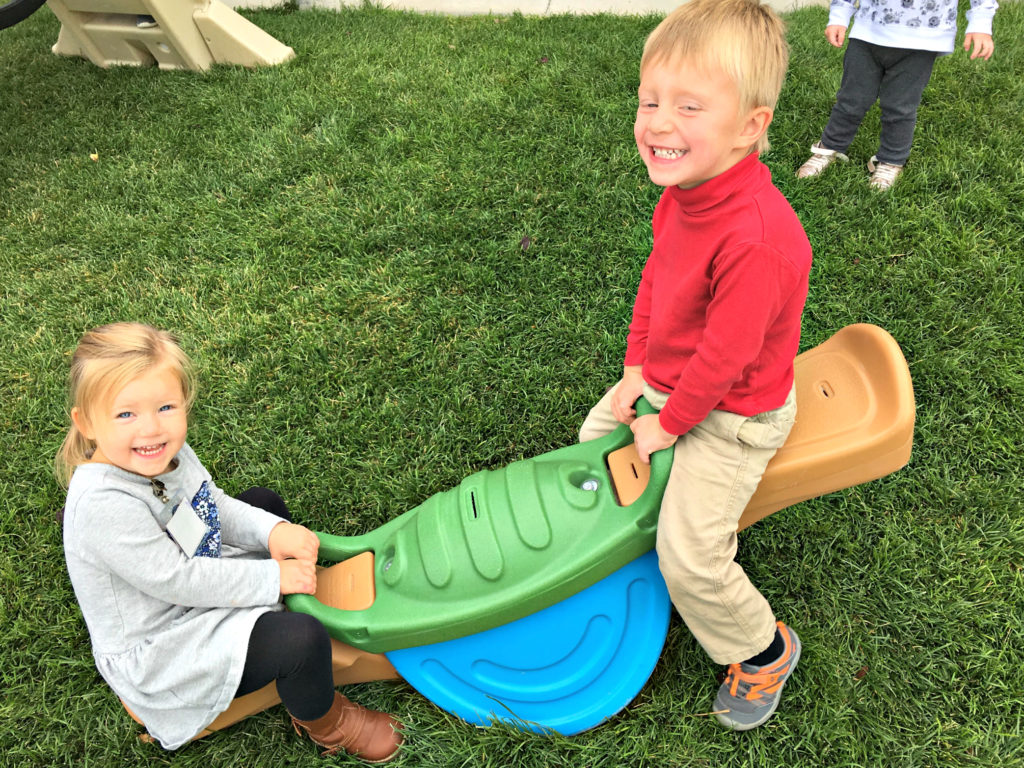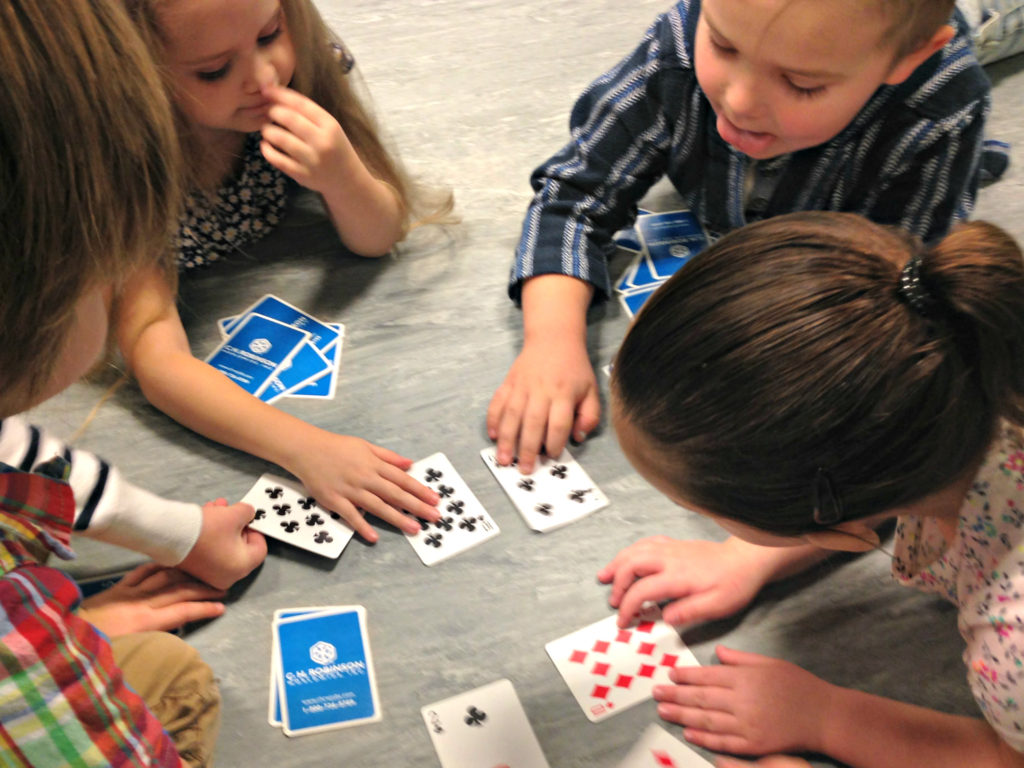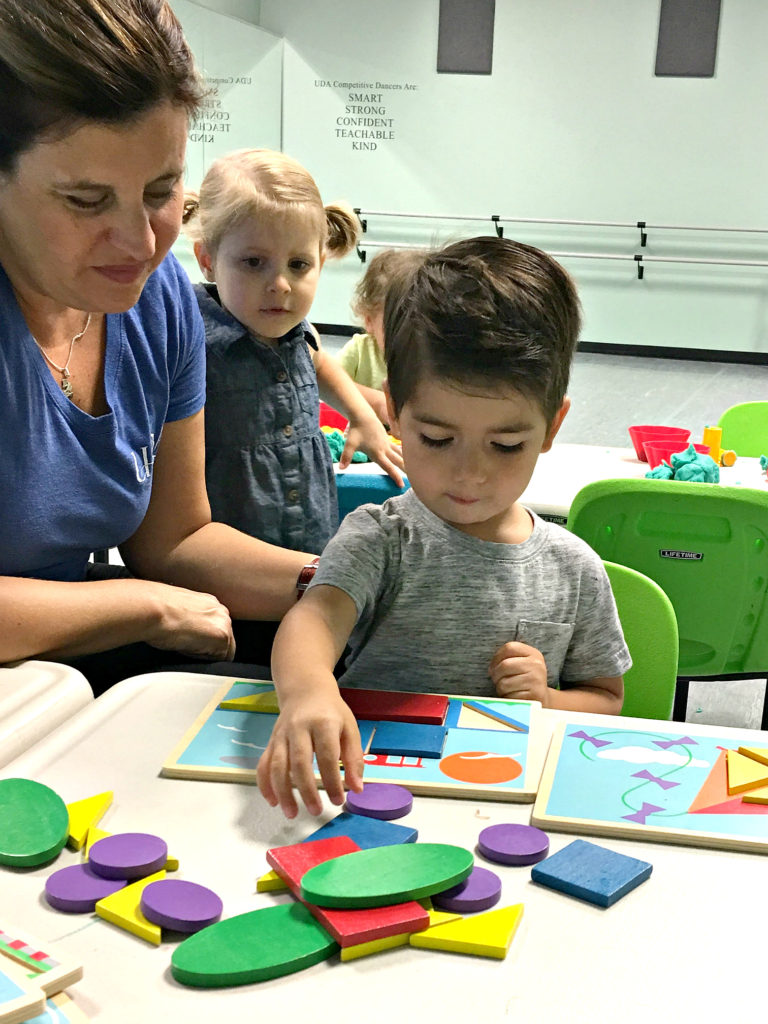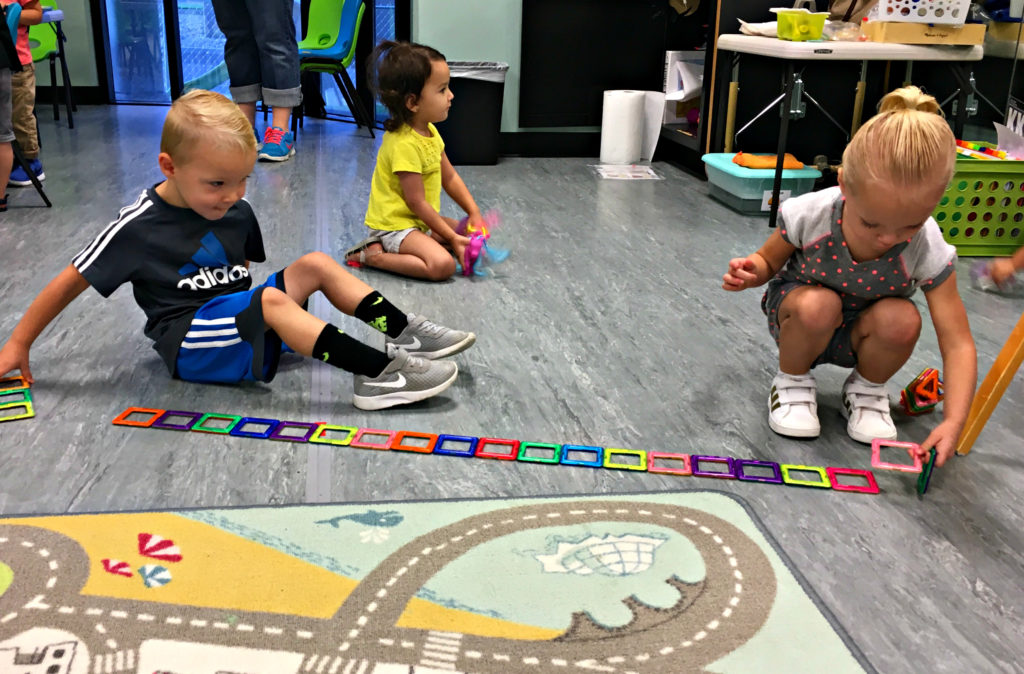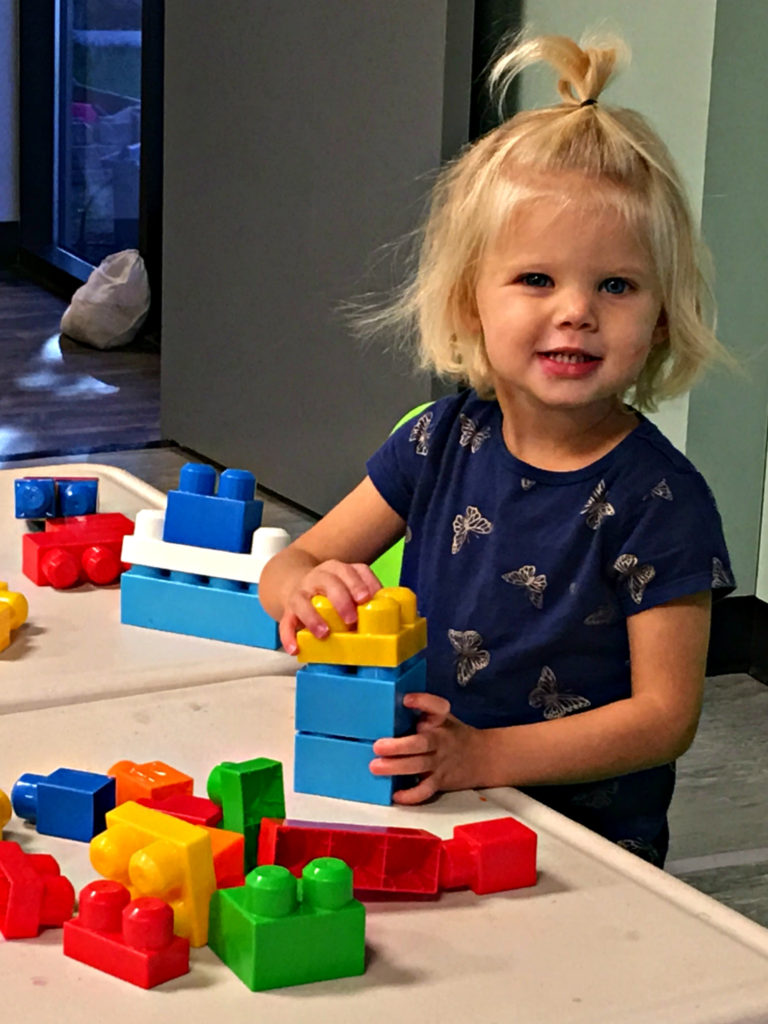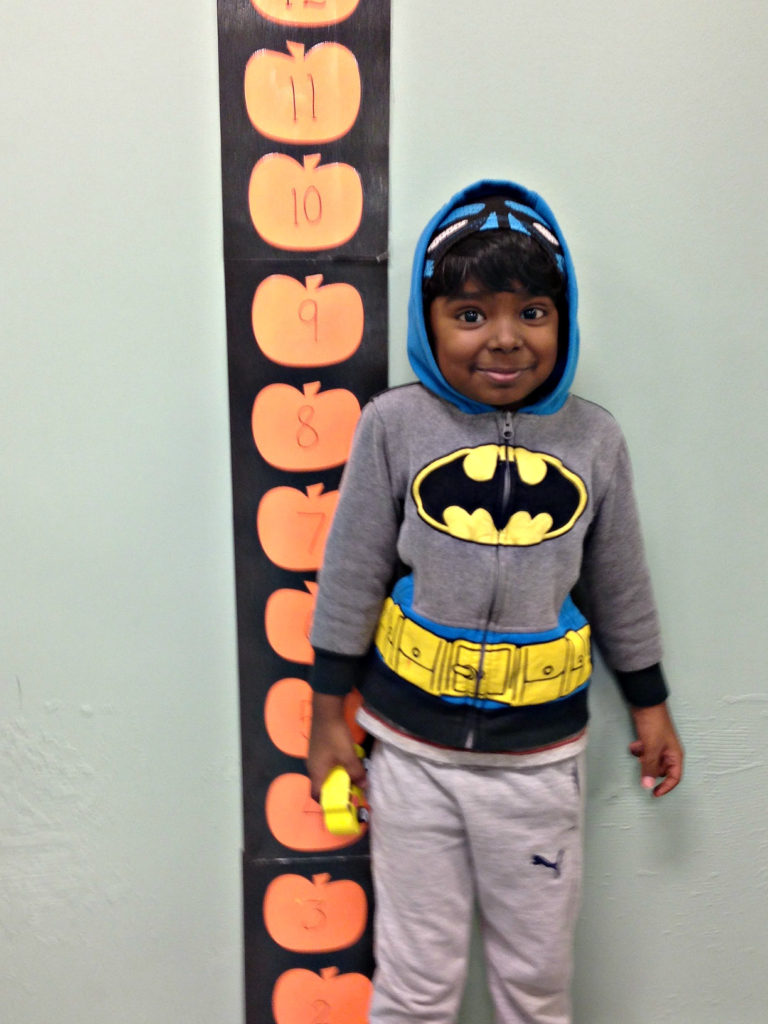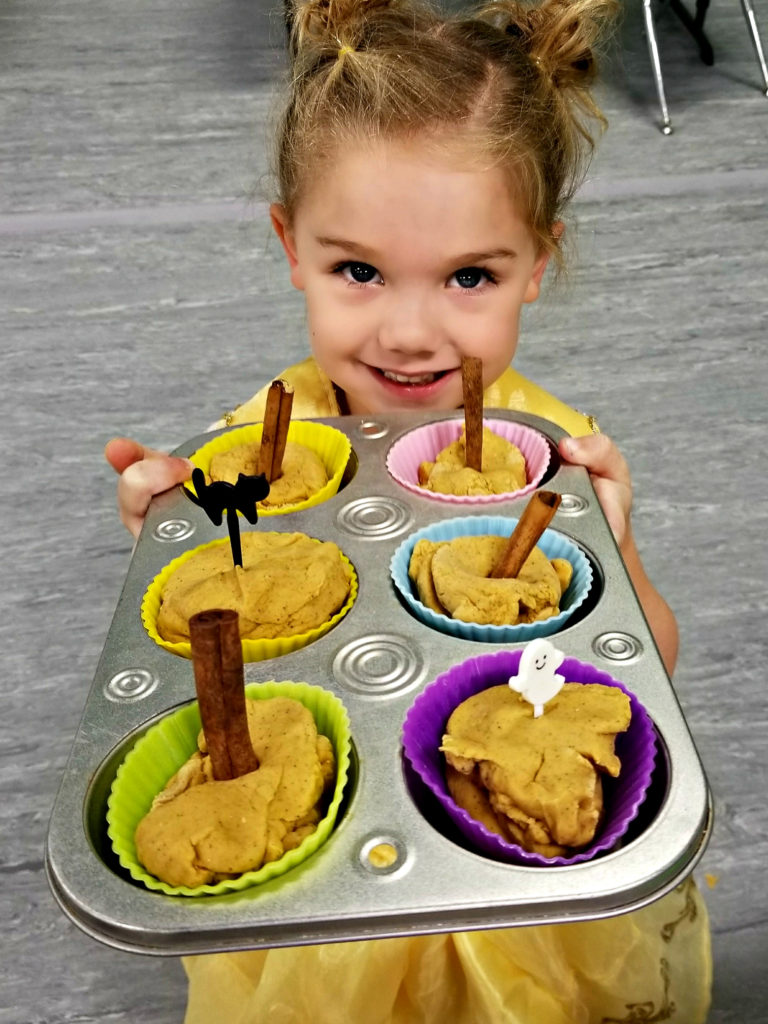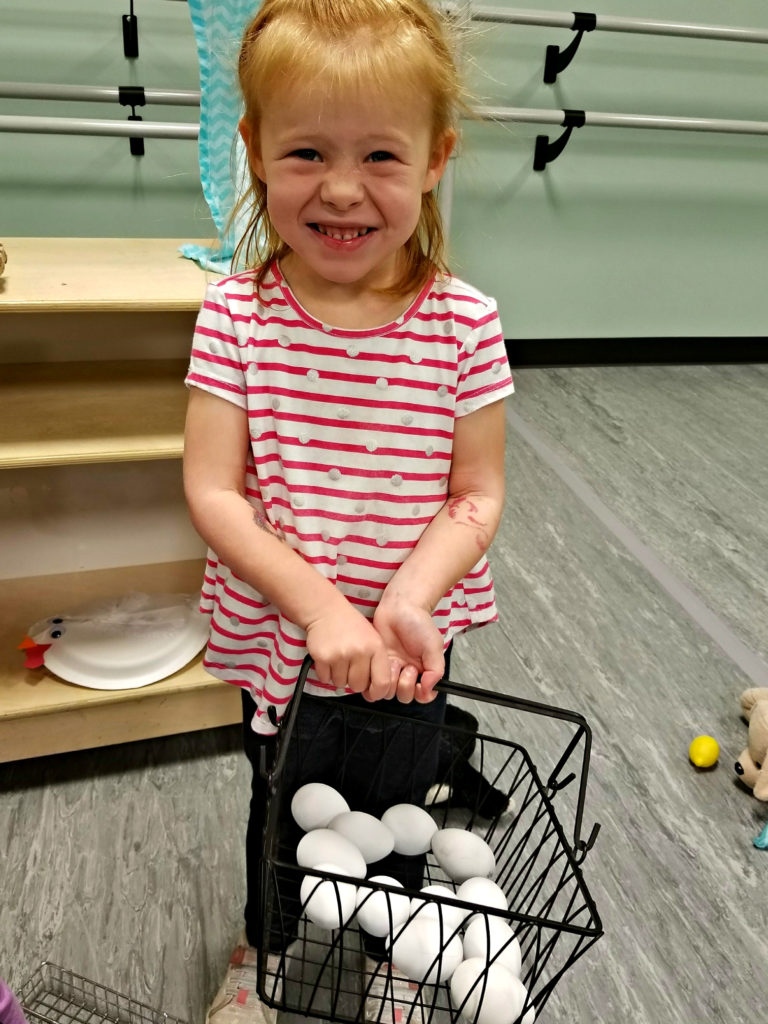Research shows that children who have exposure to mathematical experiences early on demonstrate a higher confidence in their ability to do math. Furthermore, these children are more likely to demonstrate characteristics, like curiosity and creativity, imaginativeness and inventiveness, persistence and flexibility. That’s why at UDA Creative Arts Preschool, we integrate math throughout our curriculum to provide plenty of experience for the development of early math skills.
But if you’re one of those people who drudged your way through those high school math classes, never fear! Your child’s early exposure to math doesn’t have to be structured or curricular. In fact, teaching young children math skills is much easier than you think! Even those of us who hate math, enjoy math. Here’s what we mean:
Math is Play!
The National Association for the Education of Young Children (NAEYC) recommends that rather than rote memorization of facts or doing worksheets, children will have a better understanding of math if they have open-ended play exploration.
For example, the numbers become much more concrete when we’re adding legs and eyes to a bug, or body sections to our caterpillar, rather than 1+1 on a piece of paper.
Make Connections-
Although math at an early age should be play, children still need to be guided to see the connections. You can help your preschooler expand their thinking by taking their play a step further to see the mathematical relationships.
These kiddos are having a great time on the teeter-totter, but we can take this play a step further by asking who is heavier? Who is up and who is down? What happens if we fit two children on one side? They are learning to measure weight.
Who knew parent = math teacher? But like we said, it’s much easier than you think. Here are four fun ways you can incorporate a little more math in your preschooler’s life:
1 – Games
Games are a wonderful way to apply early math skills! Whether your child is counting how many squares they need to move, or adding the dots on the dice, it doesn’t take a sleuth to see their little brain at work. Here are a few of our favorites:
- Yahtzee – Awesome for numbers and operations. Guide them as they group the dice together and add them together.
- Board games like Sorry!, Chutes and Ladders, and Candy Land – Great to help children count squares both forward and backward, working on adding and subtracting.
- Card games like Go Fish! – Help with grouping.
- Tenzi – You can start out following the rules, but how much more fun to make up your own! The sky is the limit with the creativity you can do with this dice game.
- Blokus – Younger preschool children may not understand the blocking concept, but they love to play with the shapes.
2 – Shapes
Playing with shapes develops your preschooler’s understanding of geometry and patterning.
Of course, there are lots of wonderful resources out there, like puzzles and magnets, but you don’t need to wait for your Holiday bonus to provide shapes for learning. Children can stack blocks in a linear row.
They can stack them up and down as they develop spacial recognition. Using Play-Doh or construction paper, you can create shapes and then encourage your child to make patterns by color or shape.
- This tangram website provides a template to create your own tangram and gives you patterns for your child to recreate.
- Origami is another fun way you can guide your child through spacial recognition together. Check out this origami website for some fun beginner patterns.
3 – Measurements
Everything around us is measured: the weight of our breakfast cereal, our time, the length of our haircut. Children begin to see these measurements and numbers all around them and you can begin having daily conversations about what all these measurements mean.
But not everything needs to be measured by the “standard”. How many pumpkins high are you? Can you count how many sidewalk squares to the park? How many Legos tall is this pencil?
And, of course, cooking is a wonderful way to incorporate measurements in your day to day conversations. Have your kitchen helper count how many cups of flour and measure out a tsp of vanilla. Or use the scale at the store to measure the weight of your produce.
- Show your preschooler how to use a sewing measuring tape. Let them measure things around the house. (Sewing measuring tapes have a softer edge than the construction ones and will prevent cuts.)
- Let them use a stop watch to time how fast they can get ready for bed, put their shoes on, make their bed, etc.
4 – Money
The reality is that most of us live in a world of little plastic cards and internet purchases. But kids still need to understand what money is and how to use it. You can give your child an early start on these math skills by giving them coins (if they’re past choking hazard age) and money to play with.
- Let them use coins to make small purchases at the store. Even better, let them earn the coins first, and then let them use them to make a purchase.
- Create your own monetary system at home. Use it to reward good behavior and then let your child learn how to budget their money, be it puff balls or monopoly cash, to purchase rewards you have available to them.
When it comes to math, you don’t need to put all your eggs in one basket of curriculum. Just incorporate it in the things you are already doing by helping your preschooler make the connections and encourage the development of early math skills.
Whether in music, dramatic play, or even marching through the hallways, we do our best to integrate mathematical learning in all our curriculum. By developing a love of math at a young age, we know our preschoolers at UDA Creative Arts Preschool will leave us having the confidence they need to tackle math and other problem solving skills they will encounter. Come see us at work by scheduling a tour (801) 523-5930.
Written by: Elsje Denison

